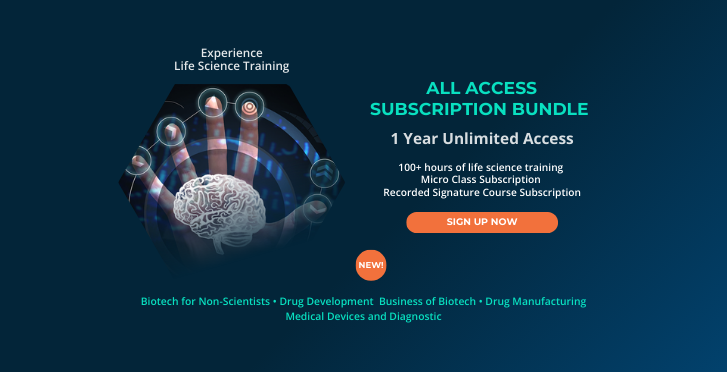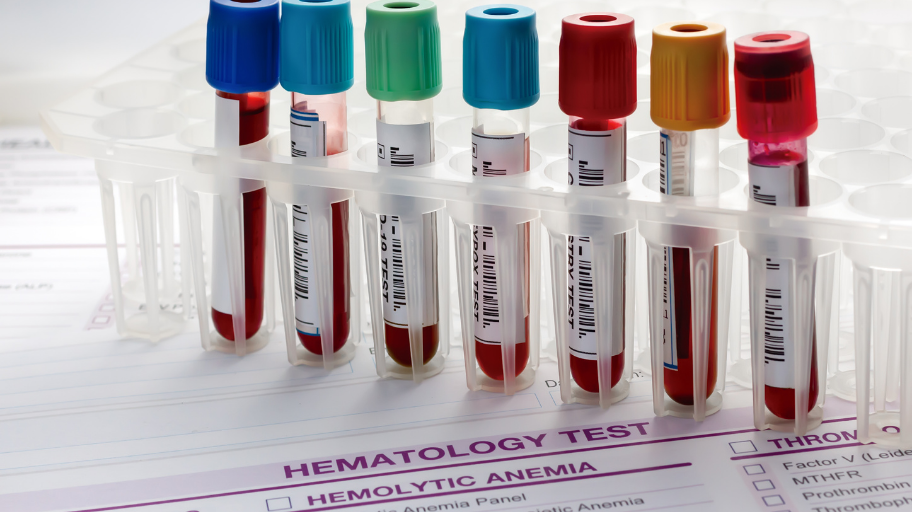Pathways to Progress: FDA Fast Tracks Huntington’s Treatments

The biotech sector is witnessing significant developments in the battle against Huntington’s Disease (HD). Leading companies are pioneering novel interventions that not only show promising results but are already progressing through clinical trials, highlighting the substantial business opportunities in addressing this complex health challenge.
Why It Matters
An estimated 30,000 symptomatic individuals in the US are battling HD, as well as many others in pre-symptomatic stages. Currently, there are no FDA-approved or disease-modifying treatments available to reverse or halt the progression of this genetic disorder, leaving a gap for biotech firms to lead the way in developing groundbreaking therapies.
State of Play
Several therapeutic frontrunners are advancing through clinical trials, each targeting the disease with innovative strategies.
- UniQure’s AMT-130 Phase I/II trial uses gene therapy to tackle the disease, targeting the mutant huntingtin gene with a pioneering one-time treatment approach.
- Roche and Genentech’s clinical trial with Tominersen and Wave Life Sciences’s WVE-003 are at the forefront of antisense oligonucleotide (ASO) research, with clinical trials seeking to modulate the genetic causes of HD.
- PTC Therapeutics’s PTC518 and Skyhawk Therapeutics’s SKY-0515 are leading RNA splicing innovations, with early clinical trial results showing promise in reducing the proteins that cause HD.
- Vaccinex’s pepinemab and HD Immune’s development of antibody treatments for HD, bolstered by encouraging preclinical outcomes, signal a growing interest in biologics within the field.
Regulatory Milestones
Regulatory advancements are enabling the fast development of groundbreaking treatments.
- Fast track designations by the FDA for small molecules, Sage Therapeutics’s SAGE-718 and Azevan’s SRX246, highlight the critical role of regulatory support in fast-tracking the development of therapies aimed at improving cognitive and symptomatic outcomes for HD patients.
- Leveraging AI, SOM Biotech is advancing SOM3355 to address HD’s chorea (muscle) symptoms, with its progress underscored by successful Phase IIa trials as well as Fast Track and Orphan Drug Designation from the FDA.
The Bottom Line
The HD landscape is marked by dynamic advancements in clinical trials and fast track designations by the FDA. Biotech companies and research institutes are not only pushing the boundaries of science but are also navigating the complexities of regulatory pathways to bring new treatments to market.
FDA Basics
If you are new to the biopharma world and need an introduction to the regulatory landscape, look no further than Drug Approval Primer. Drug Approval Primer offers an overview of how small molecule drugs and biologics receive the regulatory green light for human use. Join today!

Biotech Primer is your go-to source for interactive training across the biotechnology, pharmaceutical, molecular diagnostics, and medical device sectors. Explore a range of in-depth biotech courses designed to deepen your understanding of key principles and applications in the field.
Learn More










